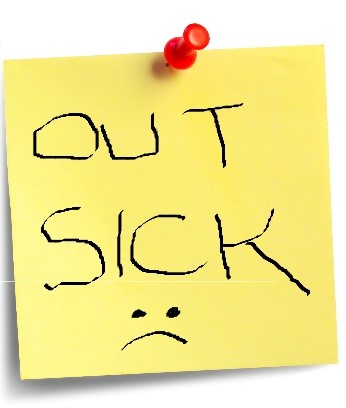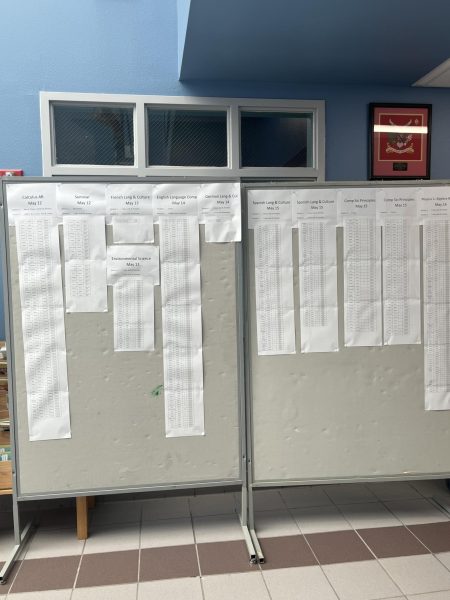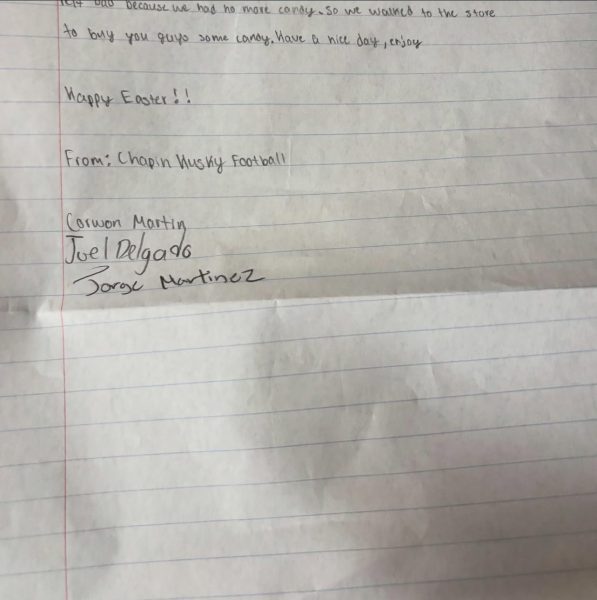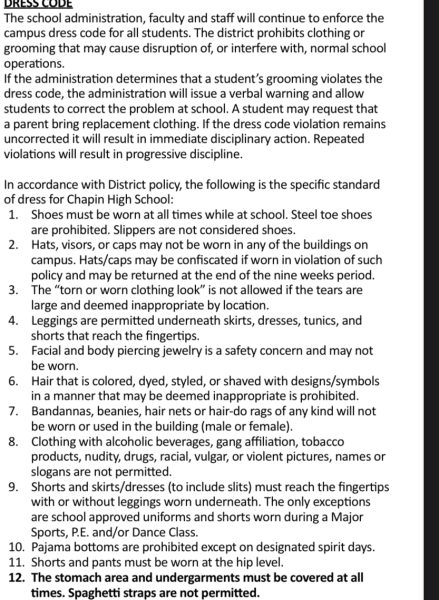“Playing Hooky” or Needing a Break? – An Examination of School Absence Policies and Mental Health Days, Part 1

“If you’re not puking and you don’t have a fever or the runs, then you’re going to school,” said my mother, a retired teacher, stating her firm stance on acceptable excuses for staying home from school; “Those are the only reasons that the nurse sends students home early for.”
It was an old argument we had hashed many times before, whenever I felt miserable with a stuffy nose and a headache. Except for this time it gave me pause. What exactly is the district policy on how sick someone must be to be dismissed early? Does district policy only cover physical health? What about mental health? And what about ‘mental health days’? Should those be considered an excusable absence?
According to the 2017-2018 EPISD student handbook, “It is important to remember that schools are required to exclude students with certain illnesses from school for periods of time as identified in state rules. For example, if [a]child has a fever over 100 degrees, he or she must stay out of school until fever‐free for 24 hours without fever‐reducing medications. In addition, students with diarrheal illnesses must stay home until… diarrhea free without diarrhea‐suppressing medications for at least 24 hours.”
Strangely though, according to the ‘Communicable Disease Chart and Notes for Schools and Childcare Centers’, most contagious diseases without the symptoms listed above, with the exception of a few like pink eye, do not require children to be excluded from attending classes. Not even head lice. But what about other types of absences?
Other permissible exemptions to compulsory attendance, according to the student handbook, include religious holidays, court appearances, activities necessary to obtain US citizenship, appointments for health care, and certain absences related to military deployment: “Children of Military Families, absences of up to five days will be excused for a student to visit with a parent, stepparent, or legal guardian who has been called to duty for, is on leave from, or immediately returned from certain deployments.” Additionally, juniors and seniors can, with their principal’s approval, miss up to two days to serve as a clerk in elections or early voting or to visit a college or university, or miss up to four days to pursue enlistment in U.S. armed services or the Texas National Guard. But nowhere in the student handbook does it mention that any other exemption exists for students dealing with emotional distress.
According to a 2018 report by the Blue Cross Blue Shield Association (BCBS), diagnoses of major depression in the US have risen astronomically by 33 percent since 2013. This rate has risen even faster among adolescents, by a whopping 63 percent. “Major depression is a complex condition that has a substantial impact on overall health and wellness,” the BCBS states in their report. “It is crucial to address and manage this condition to improve the health of all Americans.”
Depression doesn’t mean that you have to be suicidal or constantly unhappy and apathetic; it’s often episodic, or situational. The National Institute of Mental Health estimated in 2017 than 3 million adolescents had at least one major depressive episode. Amongst the causes of teen depression, according to the Mayo Clinic, is “learning to feel helpless–rather than learning to feel capable of finding solutions for life’s challenges.” This might be due to the increased social and academic expectations faced by today’s teens.
With college and the job market is more competitive than ever before, students have found it necessary to work even harder to set themselves apart. In the 2009 High School Transcript study by the National Center for Education, it was found that “graduates earned over three more credits” and “completed higher curriculum levels with greater course requirements than 1990 or 2005 graduates.” It was also found that students took up more opportunities to earn more credits through dual enrollment, summer courses, AP classes, online learning, and other courses. As we are forced to jump over higher and higher hurdles in order to stand out, it is hardly a surprise that trying to meet expectations begins to wear us thin and to have negative health effects on us.
To Be Continued…









